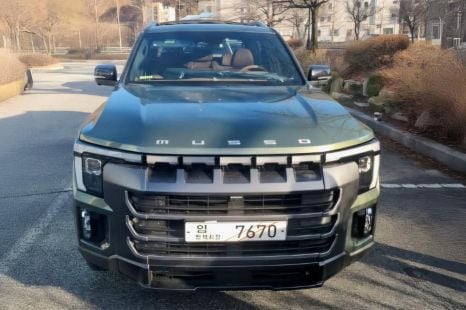

Damion Smy
2026 KGM Musso ute images leaked
37 Minutes Ago

News Editor
Lexus’ electric supercar concept has been explored further in a promotional video.
The Lexus Electrified Sport Concept was revealed late last year alongside a sprawling line-up of over a dozen Toyota and Lexus electric concept cars, but this video gives us a better look.
In it, it’s driven alongside an LFA. Lexus claims the car has the “secret sauce” from the legendary V10-powered supercar.
The front of the concept has already been revealed but the video shows us the rear, with its dramatically raked rear window, squat stance, and curvaceous lines.
Lexus is spelled out across the back, as it is on recent models like the redesigned NX, and the tail lights appear to fade away into triangular cutouts.
A similar treatment was applied to the Electrified Sedan Concept, and seems to draw inspiration from the LFA.
At the end of the video, the supercar pulls up alongside the aforementioned sedan concept and its Shooting Brake counterpart, as well as a higher-riding version of the latter. A convertible can also be spied in the background.
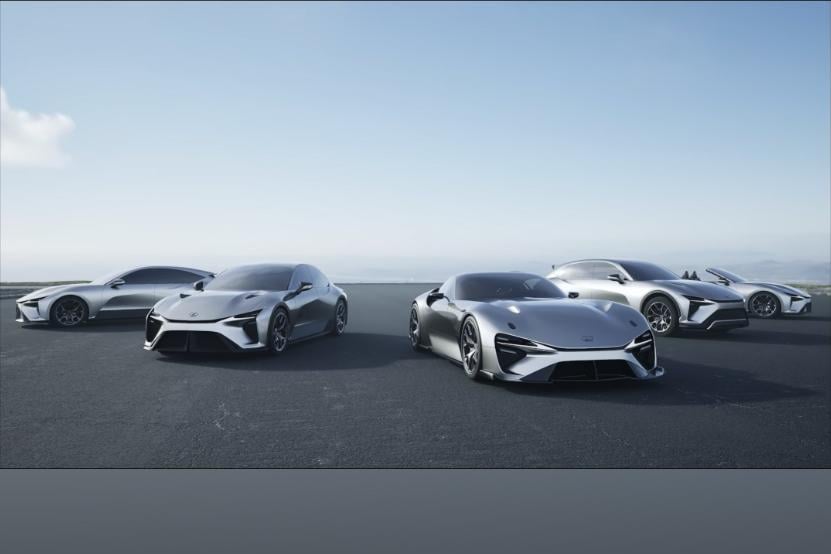
No further details of the Electrified Sport Concept have been revealed.
In introducing the concept car late last year, Lexus president Koji Sato referred to it as a “Sports Battery EV” with “bold proportions and low ride height essential to a sports car”.
He said the car will show off the “unique driving performance” of Lexus vehicles and “become a model that symbolises the future of the brand”.
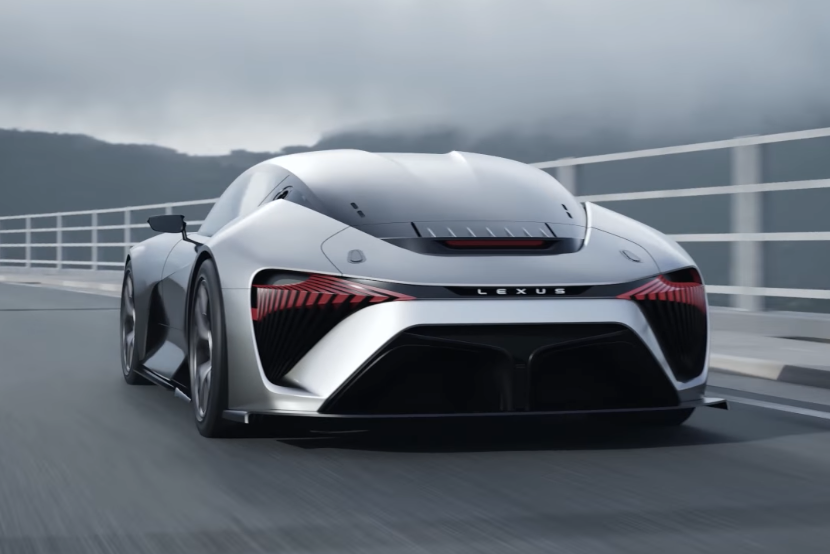
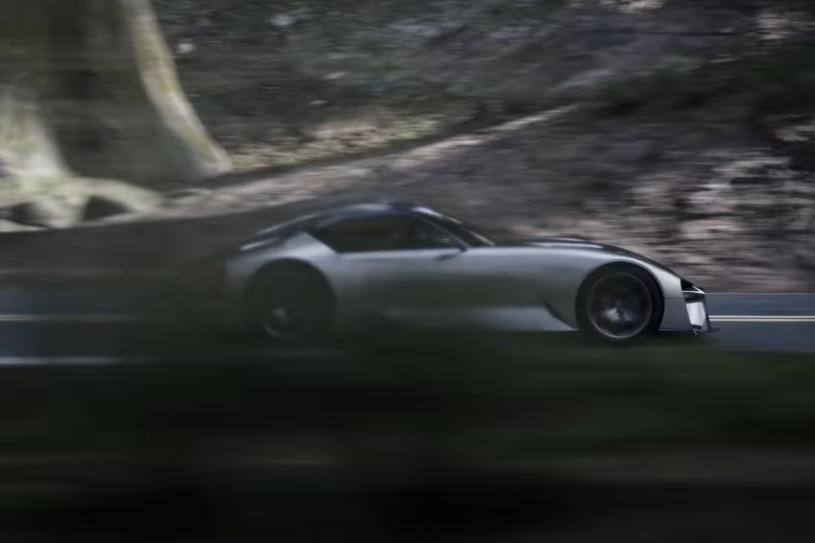
Sato-san promised the car will have a 0-100km/h time “in the low 2-second range”, while also having a driving range of “over 700km”, presumably if the car’s driven in a slightly more sedate manner.
It’s possible the car will use solid-state batteries, which promise much higher energy densities. Many car companies, automotive suppliers and tech firms are working hard on the technology, but it’s unclear when it will be ready for wide-scale use.
Lexus is planning to stop production of internal combustion-engine vehicles by 2035. In some markets, it’ll transition completely to electric vehicles as soon as 2030.
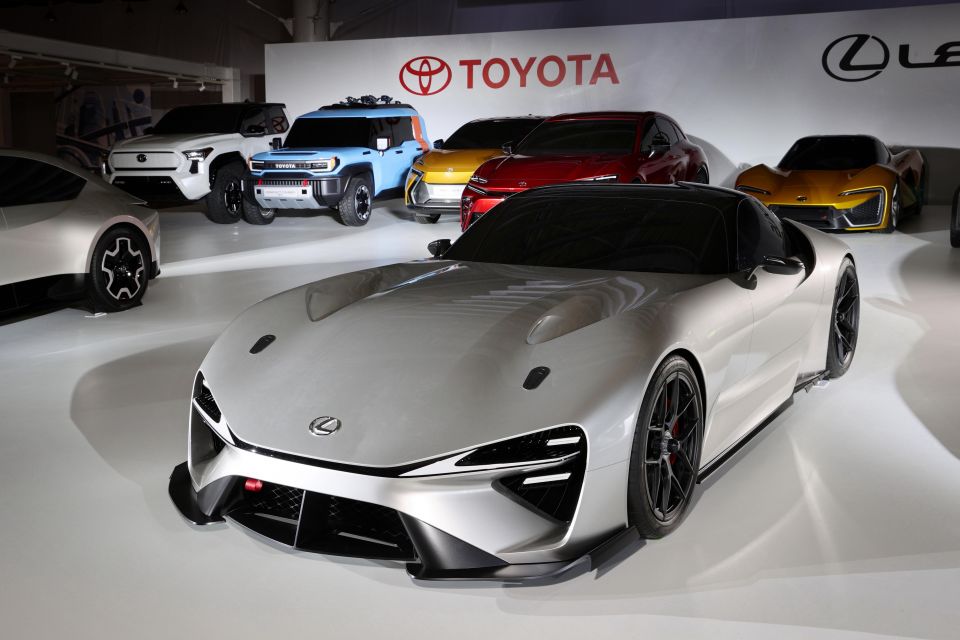
The likes of Cadillac and Volvo’s model ranges will be entirely electric by 2030 and Genesis has committed to selling only EVs and hydrogen fuel-cell vehicles by that year, too.
The dominant Germans aren’t making such firm commitments.
Audi has committed to going EV-only by 2033 with the notable exception of China, while Mercedes-Benz says it will switch to pure electric motivation but only “where market conditions allow”.
Introducing an electric supercar would give the brand a new halo model and burnish Lexus’ performance credentials, much like the LFA did.
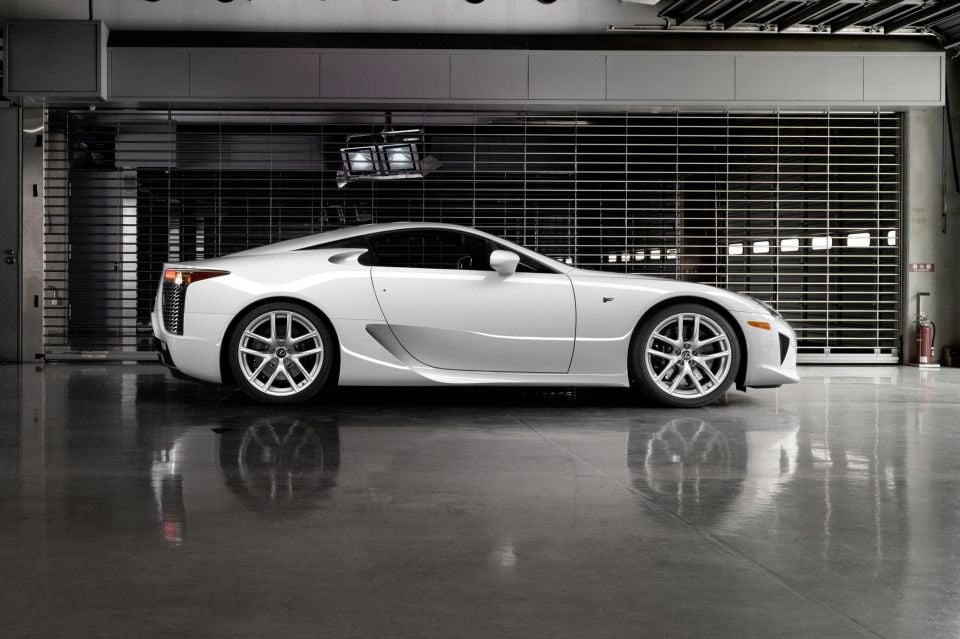
Made for just two years from late 2010, the LFA was powered by a naturally-aspirated 4.8-litre V10 making 412kW and 480Nm — a later Nurburgring Package upped power to 420kW.
Redlined at 9000rpm, the engine was connected to the rear wheels via a six-speed automated manual transmission. The LFA had a claimed 0-100km/h time of 3.7 seconds.
While the LFA was praised by the press, it wasn’t a sales success, with production stopped after just 500 units. Some unsold vehicles reportedly lingered on forecourts until 2019.
Where expert car reviews meet expert car buying – CarExpert gives you trusted advice, personalised service and real savings on your next new car.
William Stopford is an automotive journalist with a passion for mainstream cars, automotive history and overseas auto markets.


Damion Smy
37 Minutes Ago
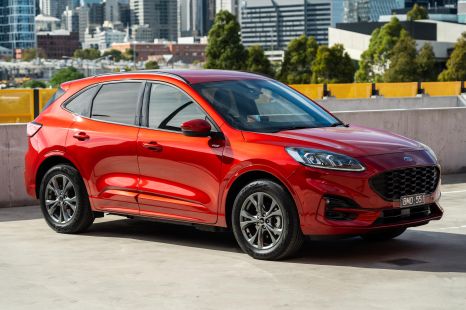

Damion Smy
2 Hours Ago
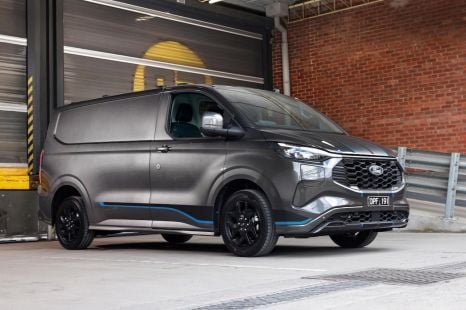

Damion Smy
2 Hours Ago
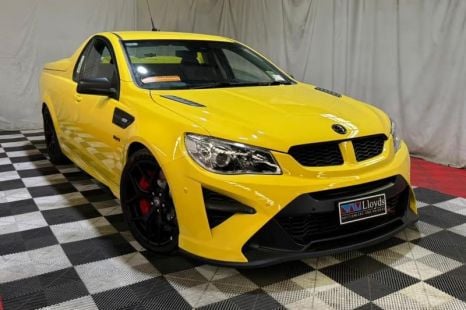

Damion Smy
3 Hours Ago
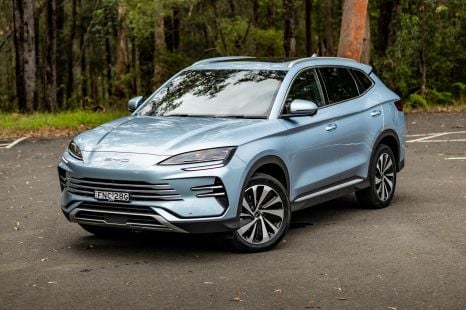

Josh Nevett
3 Hours Ago
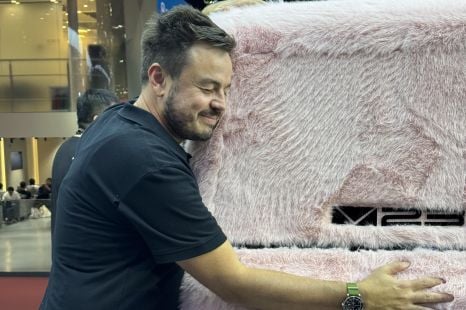

Max Davies
4 Hours Ago